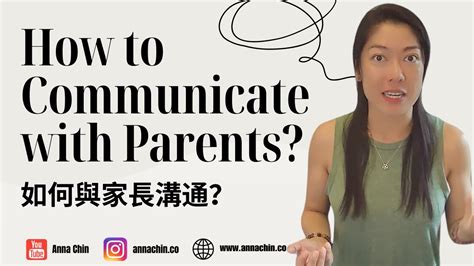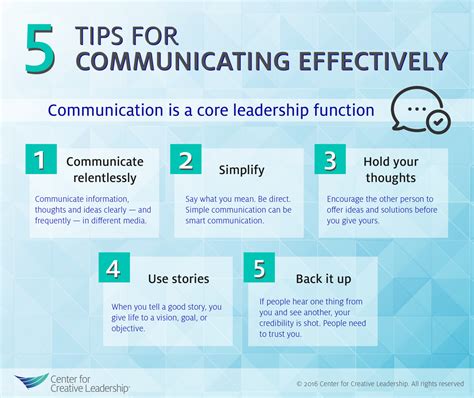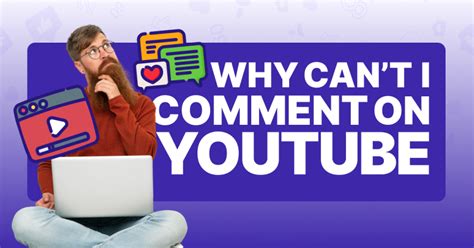Why Can't I Communicate

Effective communication is a fundamental skill that plays a crucial role in our personal and professional lives. However, for some individuals, communicating their thoughts and ideas can be a challenging task. This article aims to delve into the reasons behind communication difficulties, exploring the various factors that may hinder one's ability to express themselves clearly and confidently. By understanding these obstacles, we can develop strategies to overcome them and enhance our communication skills.
The Complexity of Human Communication

Human communication is an intricate process that involves multiple components, each contributing to the overall success of conveying and receiving messages. When any of these components face challenges, it can lead to difficulties in effective communication.
Language and Expression
Language serves as the primary tool for communication, allowing us to articulate our thoughts and emotions. However, language barriers can arise due to various reasons, such as:
- Linguistic Diversity: In a world with thousands of languages, it is common for individuals to encounter language barriers when interacting with people from different cultural backgrounds. Misunderstandings and misinterpretations can occur when words or phrases have different meanings across languages.
- Dialectal Variations: Even within the same language, dialects can vary significantly, leading to potential communication issues. Slang, regional accents, and unique vocabulary can create confusion, especially for those unfamiliar with the specific dialect.
- Verbal Fluency: Some individuals may struggle with verbal fluency, finding it challenging to express their thoughts coherently. This can be influenced by factors like anxiety, confidence levels, or even neurological conditions that affect speech.
Non-Verbal Cues and Body Language
Communication is not solely reliant on words; non-verbal cues and body language play a vital role in conveying messages. Misinterpreting or failing to recognize these cues can lead to miscommunication.
- Facial Expressions: Our faces often reveal our emotions and intentions. However, cultural differences and individual variations in facial expressions can make it challenging to accurately interpret someone’s feelings or thoughts.
- Gestures: Gestures, such as hand movements or body postures, can enhance or contradict verbal communication. Understanding the cultural significance of gestures is essential to avoid misunderstandings.
- Personal Space: Different cultures have varying concepts of personal space, and invading or disregarding someone’s personal space can create discomfort and hinder effective communication.
Emotional and Psychological Factors
Emotions and psychological well-being significantly impact our ability to communicate. When individuals experience emotional distress or face psychological challenges, it can affect their communication skills.
- Anxiety and Shyness: Social anxiety or shyness can make individuals hesitant to speak up or express their thoughts, fearing judgment or rejection. This hesitation often leads to limited participation in conversations and a sense of isolation.
- Trauma and Emotional Distress: Past traumatic experiences or ongoing emotional struggles can affect one’s ability to communicate openly. Emotional distress may cause individuals to become guarded, making it difficult for them to share their true feelings or engage in meaningful conversations.
- Mental Health Conditions: Conditions such as depression, bipolar disorder, or autism spectrum disorders can impact an individual’s communication skills. These conditions may cause difficulties in processing information, understanding social cues, or regulating emotions, leading to challenges in effective communication.
Overcoming Communication Barriers

Understanding the reasons behind communication difficulties is the first step toward finding solutions. Here are some strategies to overcome these barriers and improve communication skills:
Language and Expression
- Language Learning: If language barriers are a concern, investing time in learning a new language or familiarizing oneself with different dialects can be beneficial. Language exchange programs or online resources can facilitate this process.
- Clarity and Simplicity: When communicating, strive for clarity and simplicity. Use straightforward language and avoid complex jargon or idiomatic expressions that may confuse others.
- Seek Feedback: Ask for feedback from trusted individuals to identify areas where your communication skills can be improved. Constructive criticism can help you refine your expression and adapt your language to different audiences.
Non-Verbal Communication
- Cultural Awareness: Educate yourself about different cultures and their non-verbal communication norms. Understanding these nuances can help you interpret and respond appropriately to non-verbal cues.
- Active Listening: Practice active listening by paying attention to both verbal and non-verbal cues. This involves observing body language, facial expressions, and tone of voice to gain a deeper understanding of the speaker’s message.
- Mindful Body Language: Be mindful of your own body language and ensure it aligns with your verbal communication. Consistency between your words and non-verbal cues will enhance your message’s effectiveness.
Emotional and Psychological Support
- Seek Professional Help: If emotional or psychological factors hinder your communication, consider seeking support from mental health professionals. Therapy or counseling can provide valuable tools to manage emotions and improve communication skills.
- Practice Self-Awareness: Reflect on your emotions and triggers. Understanding your emotional responses can help you regulate them and communicate more effectively, especially in stressful situations.
- Build Confidence: Boost your confidence by engaging in activities that make you feel empowered and valued. This can include public speaking workshops, assertiveness training, or joining social groups where you can practice communicating in a supportive environment.
The Power of Effective Communication
Effective communication is a skill that empowers individuals to connect, collaborate, and build meaningful relationships. By overcoming communication barriers, we can enhance our personal and professional lives, fostering better understanding and mutual respect.
Remember, communication is a continuous learning process, and it is essential to be patient and open-minded when encountering challenges. With dedication and the right strategies, anyone can improve their communication skills and express themselves confidently.
| Tip | Action |
|---|---|
| Language Learning | Enroll in language courses or use online resources to enhance your language skills. |
| Active Listening | Practice focusing on both verbal and non-verbal cues to deepen your understanding. |
| Seek Feedback | Ask trusted friends or colleagues for constructive criticism to improve your communication. |

What are some common communication barriers besides language and non-verbal cues?
+Apart from language and non-verbal barriers, other common communication challenges include cultural differences, cognitive load (processing too much information at once), and physical barriers like background noise or poor lighting.
How can I improve my body language to enhance my communication skills?
+Pay attention to your posture, eye contact, and hand gestures. Maintain an open and relaxed posture, establish direct eye contact, and use hand gestures purposefully to emphasize your points. Avoid crossing your arms or legs, as this may signal defensiveness or discomfort.
What are some strategies to overcome social anxiety when communicating with others?
+Start with small steps, such as initiating brief conversations with familiar people. Gradually expose yourself to social situations and practice active listening. Focus on the other person’s interests and ask open-ended questions to keep the conversation flowing. Remember, practice makes progress!



